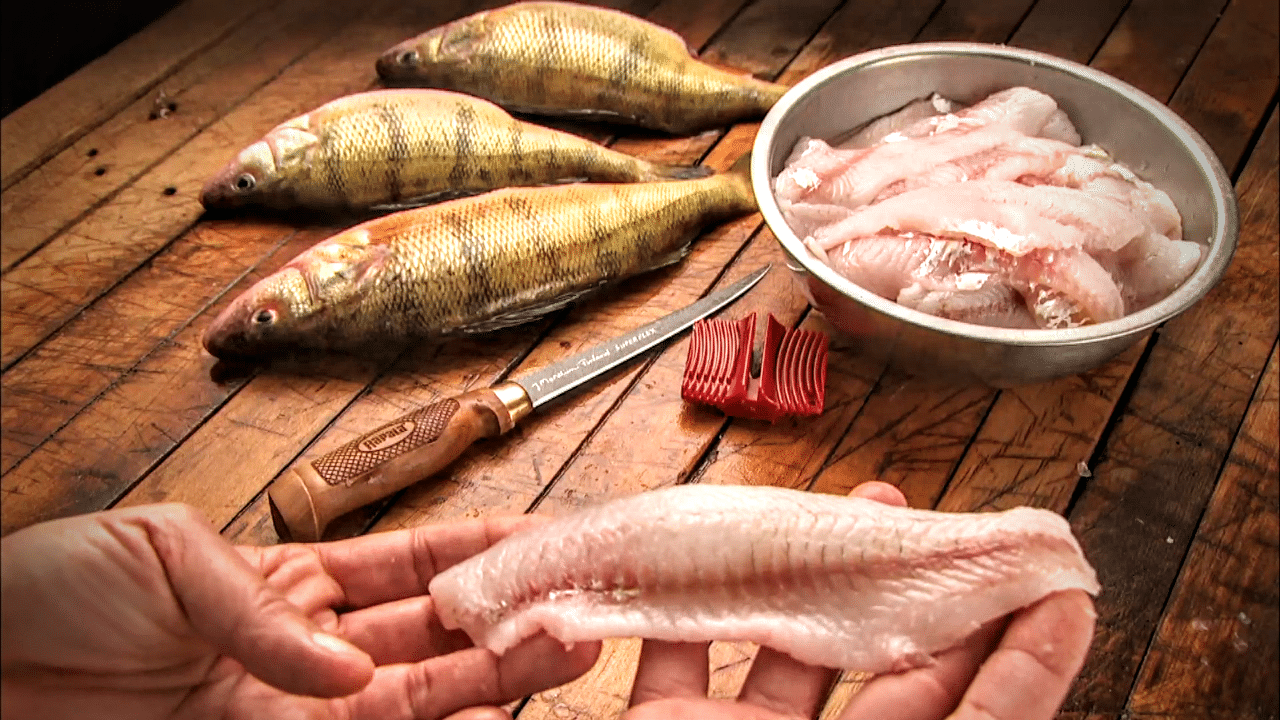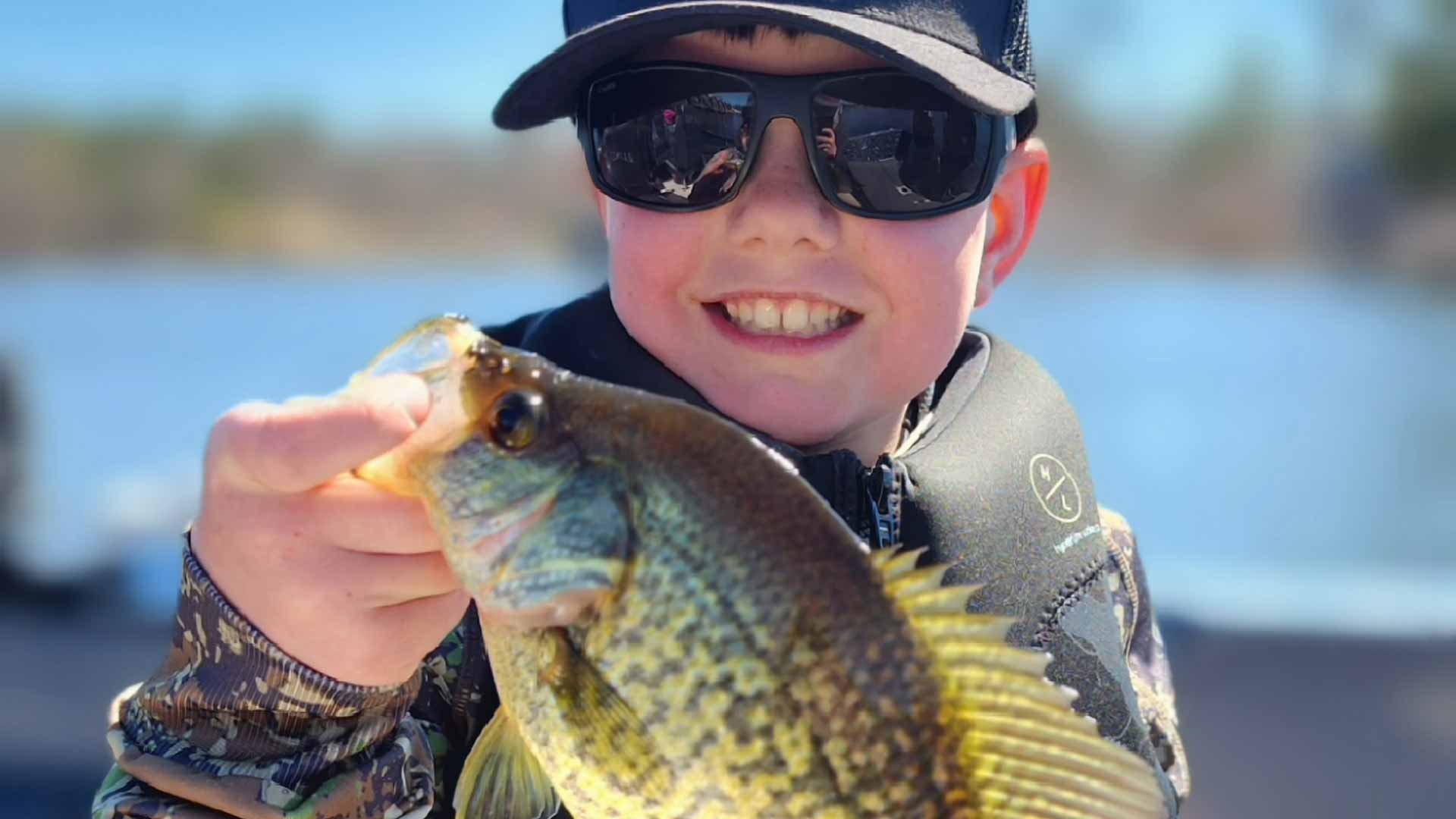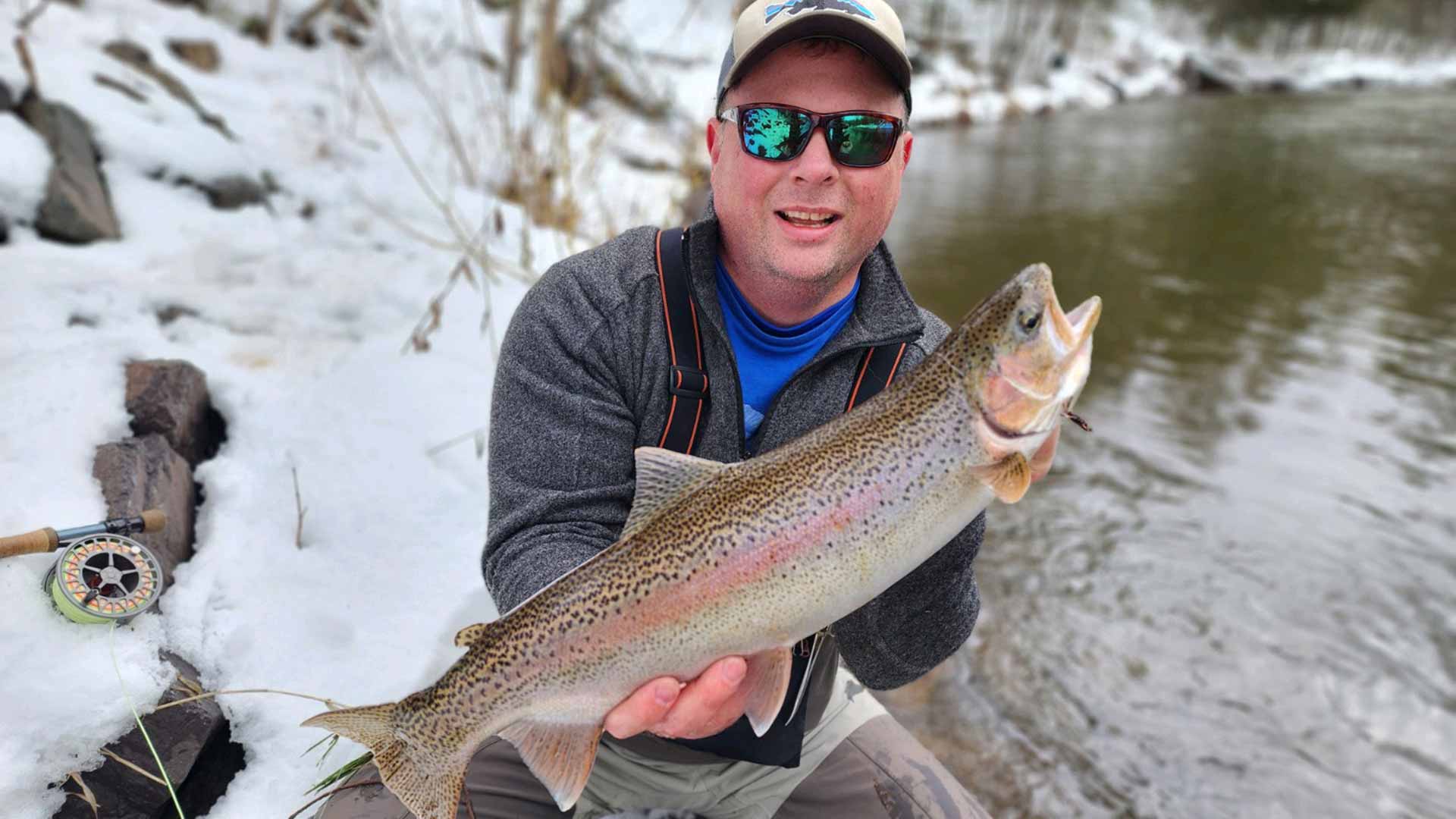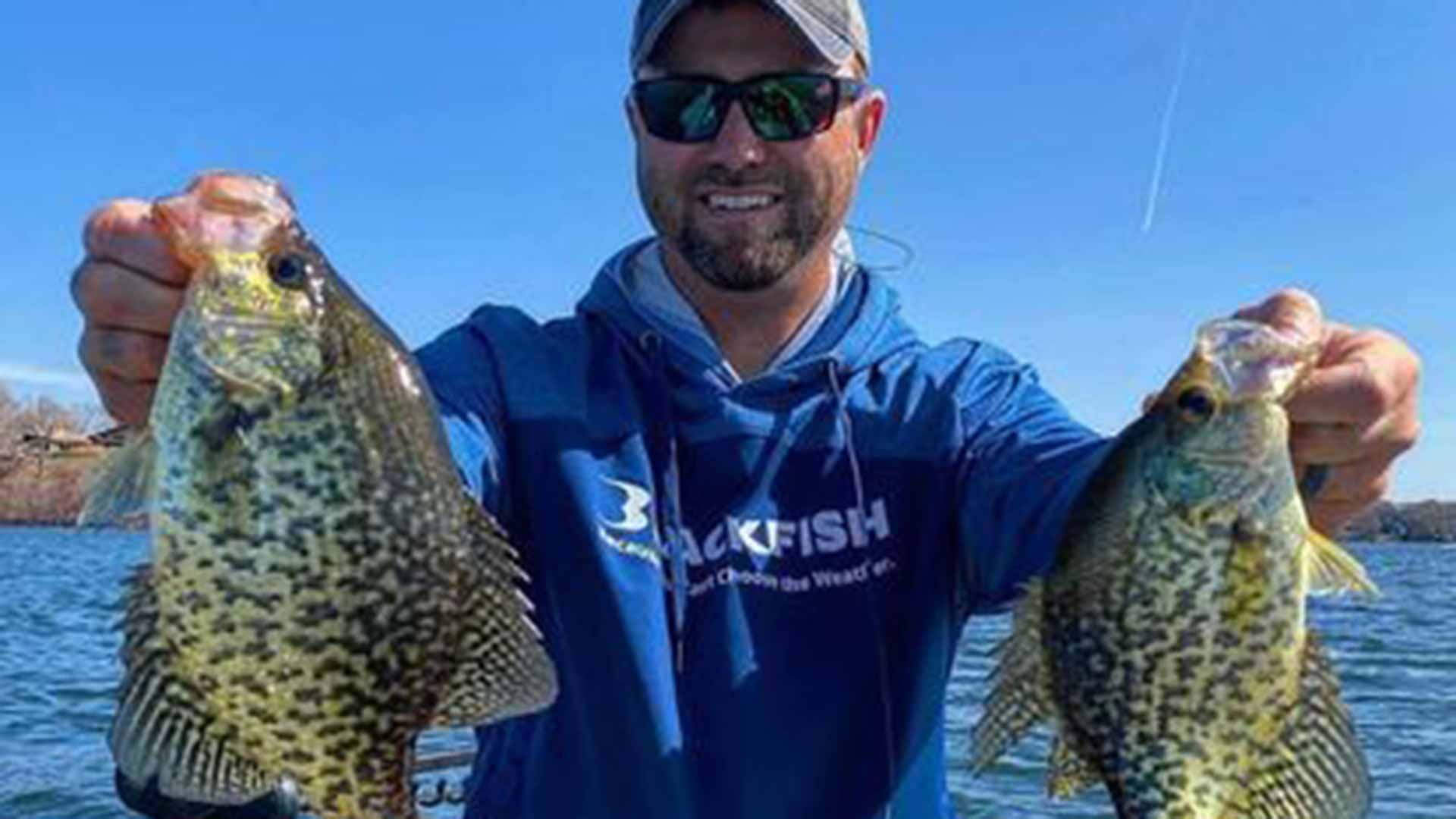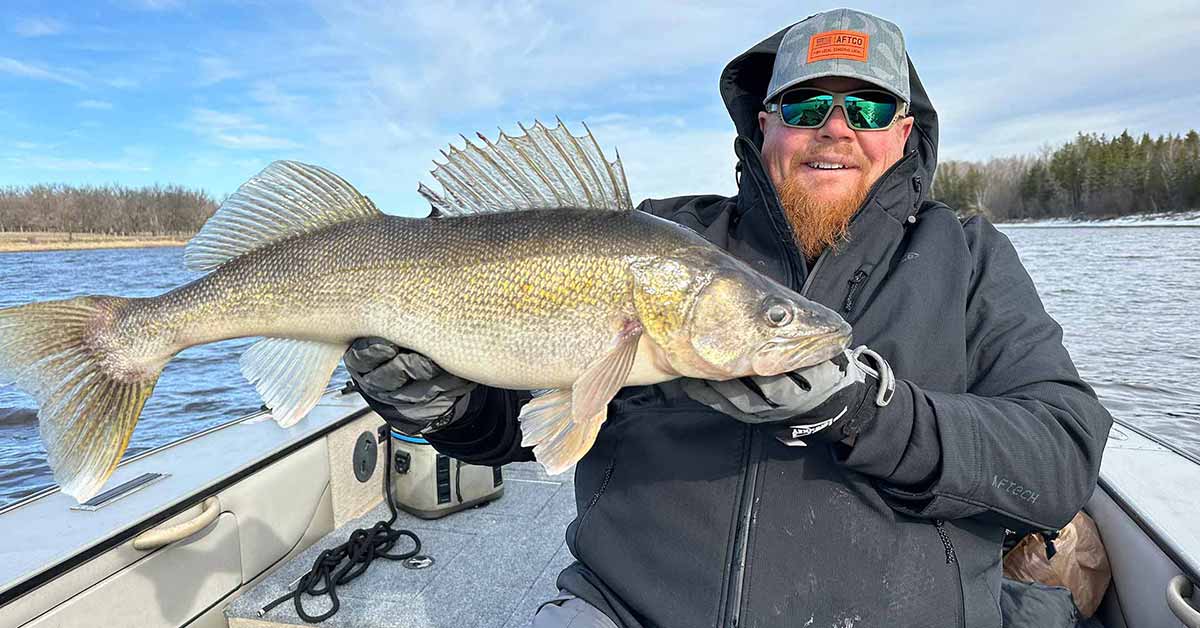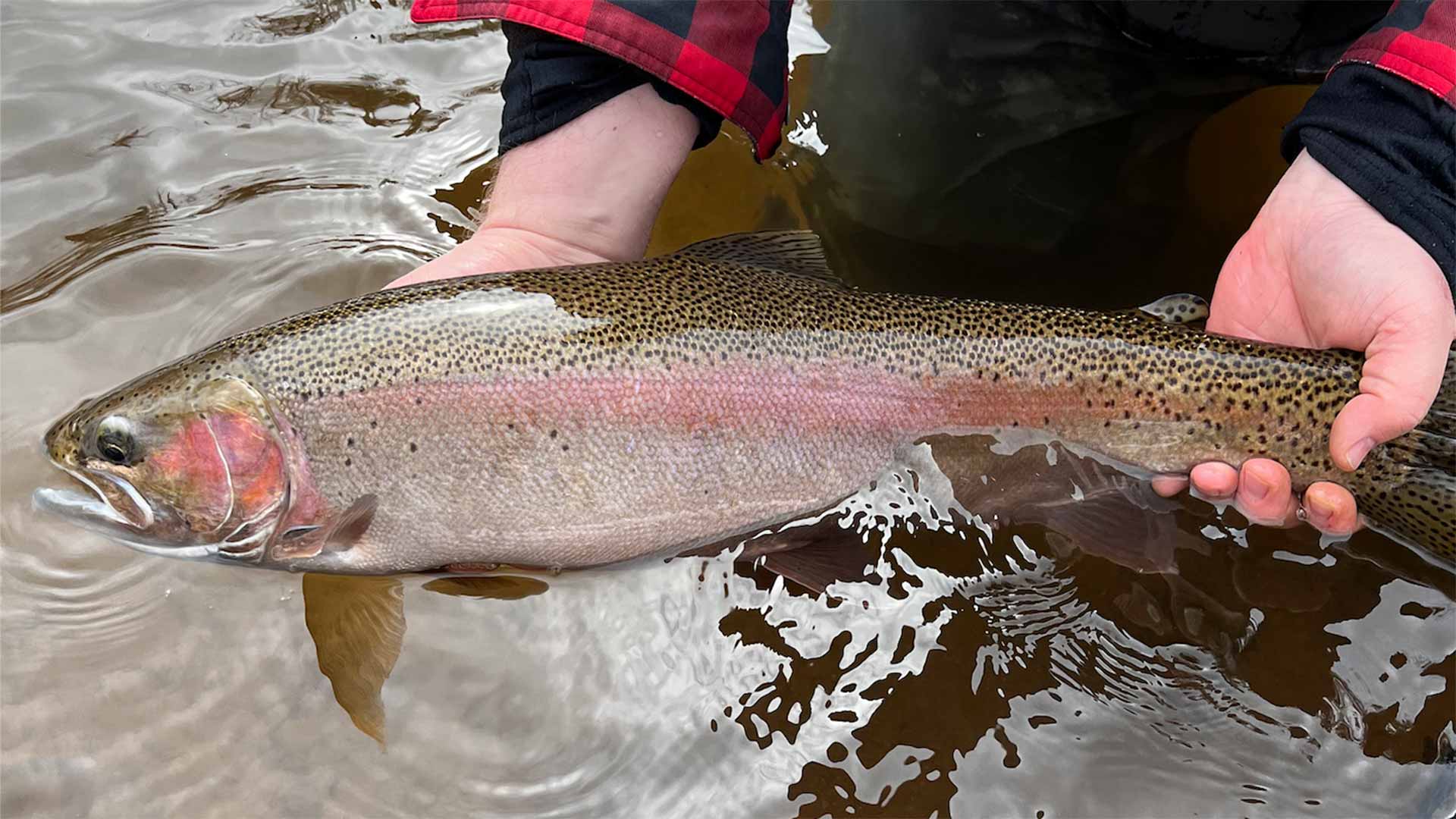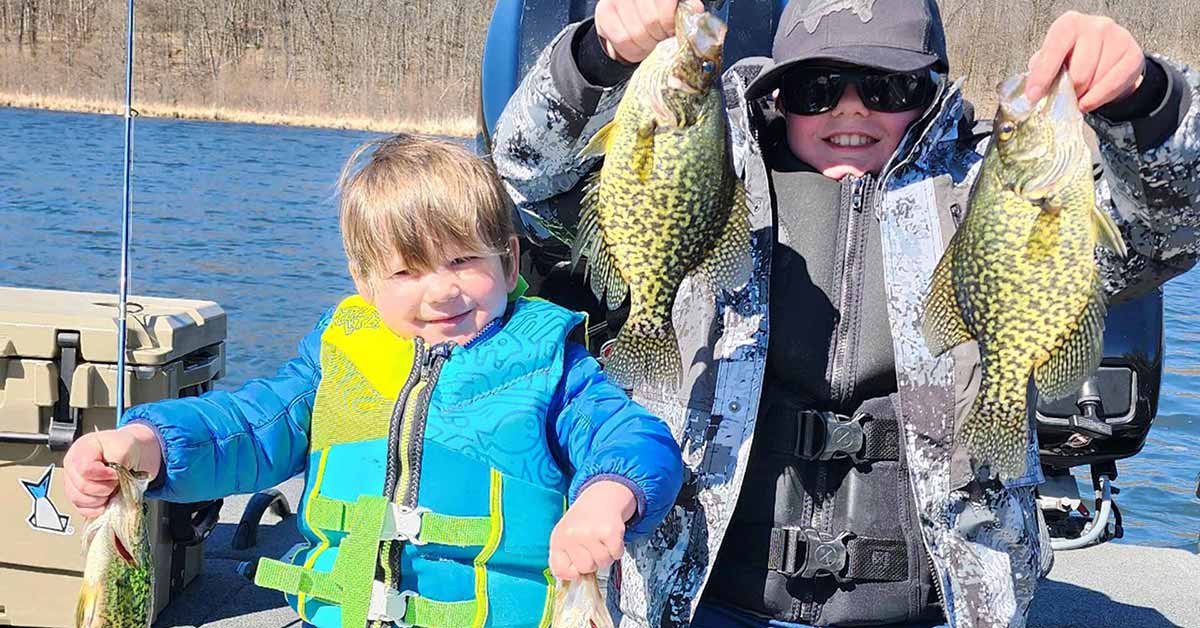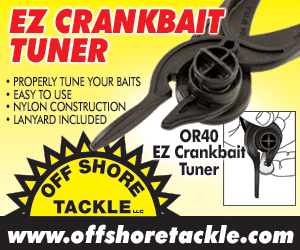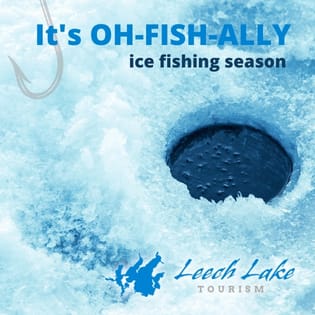Angling has long been a means to gather food. Fish are highly prized because their simply good to eat. You name it: smoked, fried, baked, blackened, broiled or grilled, fish are delicious.
Recently, we’ve seen regulations for reduced limits and protected slots, and for good reason; anglers now are better than ever at finding and catching fish. The fact is, if we were to harvest all the fish we catch, we will remove them faster than the natural reproduction and stocking programs could grow them. Selective harvest is the key to maintaining quality fisheries and enjoying some to eat.
Creating tasty table fare begins in the field. Plan ahead if you’re going to harvest fish. Modern livewells can keep your catch lively all day on the water, but when it’s time to hit the road, bleeding fish out and keeping them cold on ice will provide a premium fillet.
It’s hard to get good fillets without a sharp knife. Blades are sharp out of the box but knives need TLC. Stones, a steel or even an electric sharpener keep your blade cutting clean, and today we now have the power of Lithium Ion to lighten the load of cleaning numbers of fish or larger fish.
Whether you plan to eat fish immediately or store them, salt is magic. A quick soak in a bath of salt and cold water eliminates any “fishy” taste and keeps your fillets tasting fresh even when freezing fish. To maximize the freezer life of your catch, you must minimize air on the meat — that’s where a good vacuum packer comes in. It’s perfect for wild game, wild edibles and vacuum packaged fish are delicious a year after the catch.
Then there’s the cooking. Cast Iron is an heirloom; the guide’s choice for a traditional shore lunch fish fry and a must have for blackened fish. The turkey fryer is often the crappie cooker for a spring get together and if you’ve never experimented with smoking, pickling or canning fish there’s a whole new past time to discover.
Fish are fun and delicious gifts from nature, be mindful of the resource, care for the catch and appreciate the many ways to enjoy freshwater’s bounty.
